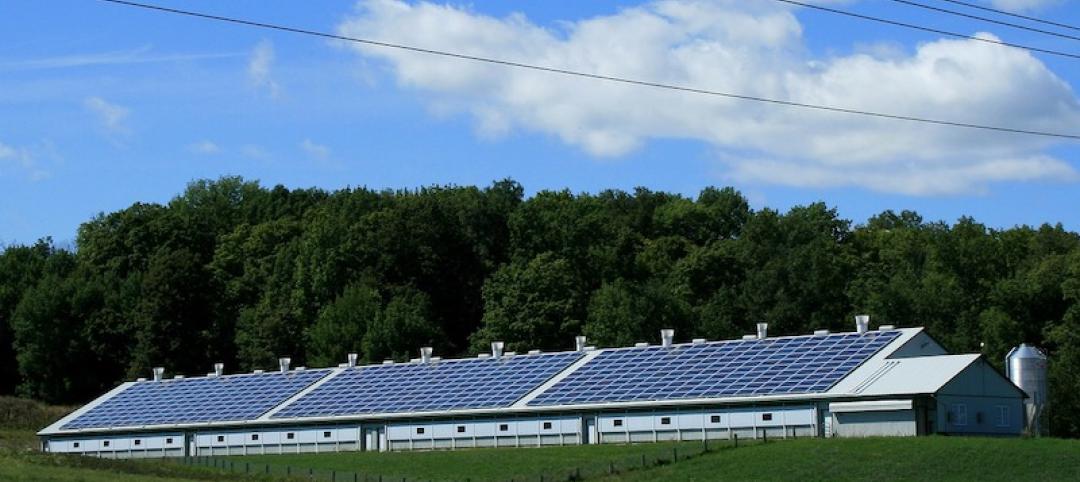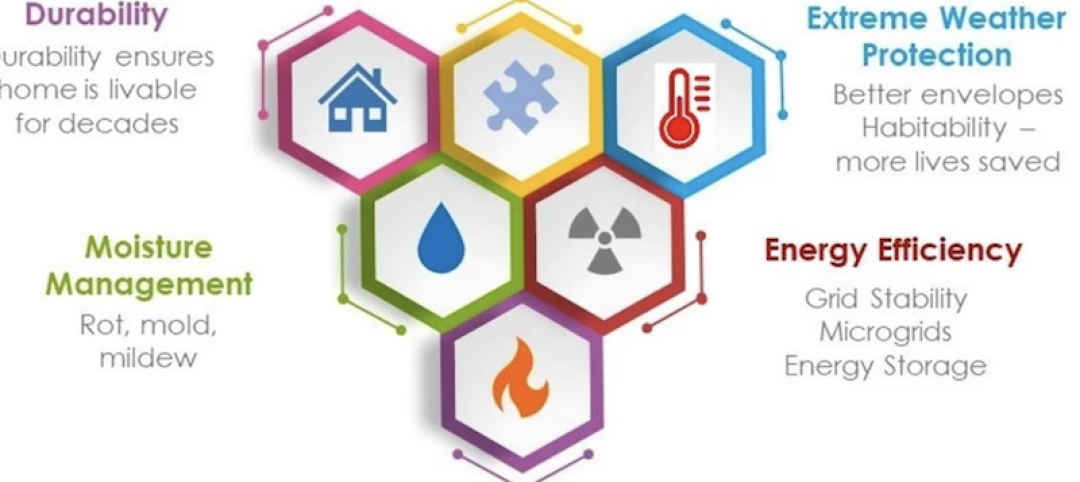Commercial property owners should commit to greenhouse gas (GHG) reduction—a strategy that reaps financial benefits and prevents buildings from becoming stranded assets, according to an energy efficiency consultant writing in GlobeSt.
A systematic drive to reduce emissions across the portfolio will garner savings on energy and water, as well as on levies for exceeding carbon emissions standards enacted by local governments. Decarbonization can avoid “stranded assets … properties that will be exposed to the risk of early economic obsolescence due to climate change because they will not meet future regulatory efficiency standards or market expectations.”
The first step is to set minimum standards for the entire portfolio and efficiency goals for individual properties. Portfolio standards could be performance based (e.g., 10% reduction of all assets by 2030), or prescriptive based (e.g., 100% LED lighting at all assets by 2025).
An energy and water audit, a comprehensive analysis of the property’s energy and water consumption using the ASHRAE Energy Audit Standards, should be conducted at each site. The audit measures energy and water usage, identifies property conditions that may cause excessive use, and provides efficiency measures to improve energy and water efficiency.
Other GHG reduction measures include building automation and controls, retro-commissioning, sourcing green energy from utilities, fully electrifying buildings, and integrating renewable energy systems into the property.
Related Stories
Codes and Standards | Oct 7, 2020
More energy efficiency programs are encouraging zero-energy projects
At least 20 programs for new construction, major renovations emerge.
Codes and Standards | Oct 6, 2020
LEED, GBCI rating systems spur resilience-enhancing strategies
Expanded programs, resources address impact of climate change.
Codes and Standards | Oct 6, 2020
International Code Council to hold inaugural online education event
Week-long ICC Learn Live will include panel conversations, keynotes, and breakout sessions around key topics in building safety.
Codes and Standards | Oct 5, 2020
Guides addressing fenestration anchorage updated
First update to decade-old technical documents released.
Codes and Standards | Oct 1, 2020
Deadline extension for LEED 2009 project certifications
Delivery timeline delays due to COVID-19 pandemic prompt action.
Codes and Standards | Sep 29, 2020
New drinking water standard criteria further restricts lead leaching in plumbing products
Tightened standard applies to endpoint devices that dispense drinking water, and other plumbing components
Codes and Standards | Sep 29, 2020
Groups sue CDC over eviction moratorium
Natl. Apartment Assn. and New Civil Liberties Alliance want hearing by October.
Codes and Standards | Sep 24, 2020
Benefits of building enclosure commissioning include reduced costs
Savings achieved in less rework and fewer and shorter punch lists.
Codes and Standards | Sep 23, 2020
Intl. Code Council aims to stay ahead of new tech, efficiency trends, and resiliency
Passive survivability, social resiliency, and community health among the goals.
Codes and Standards | Sep 22, 2020
Air cleaners, chemical and UV treatments among tools to safeguard indoor air amid pandemic
Strategies augment social distancing, increased air flow to combat COVID-19 spread.

















